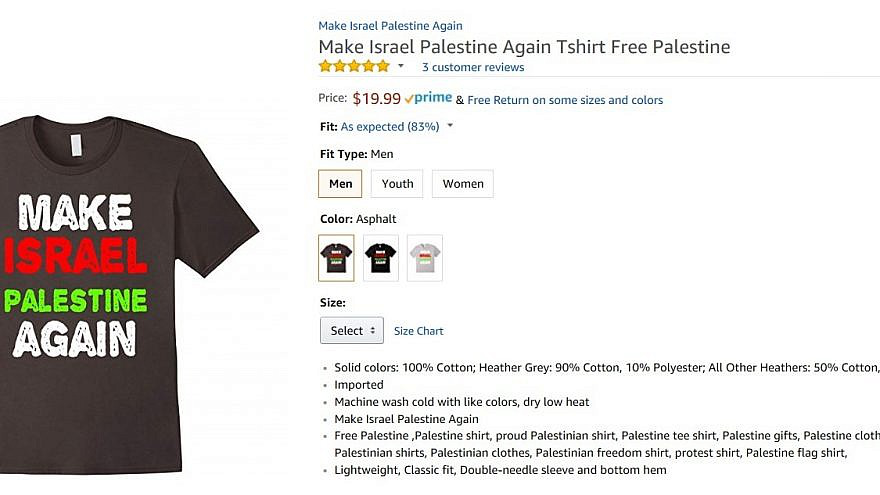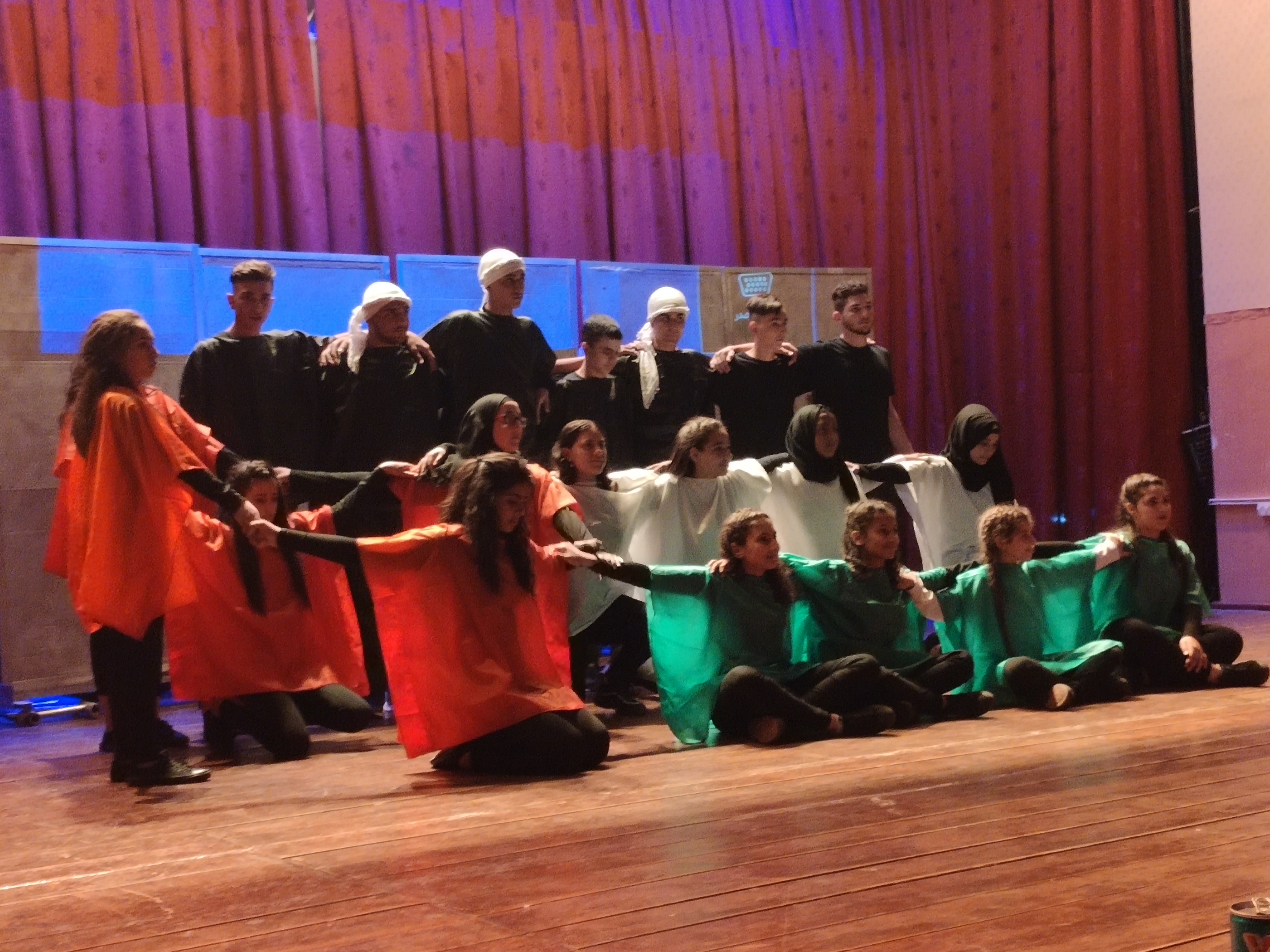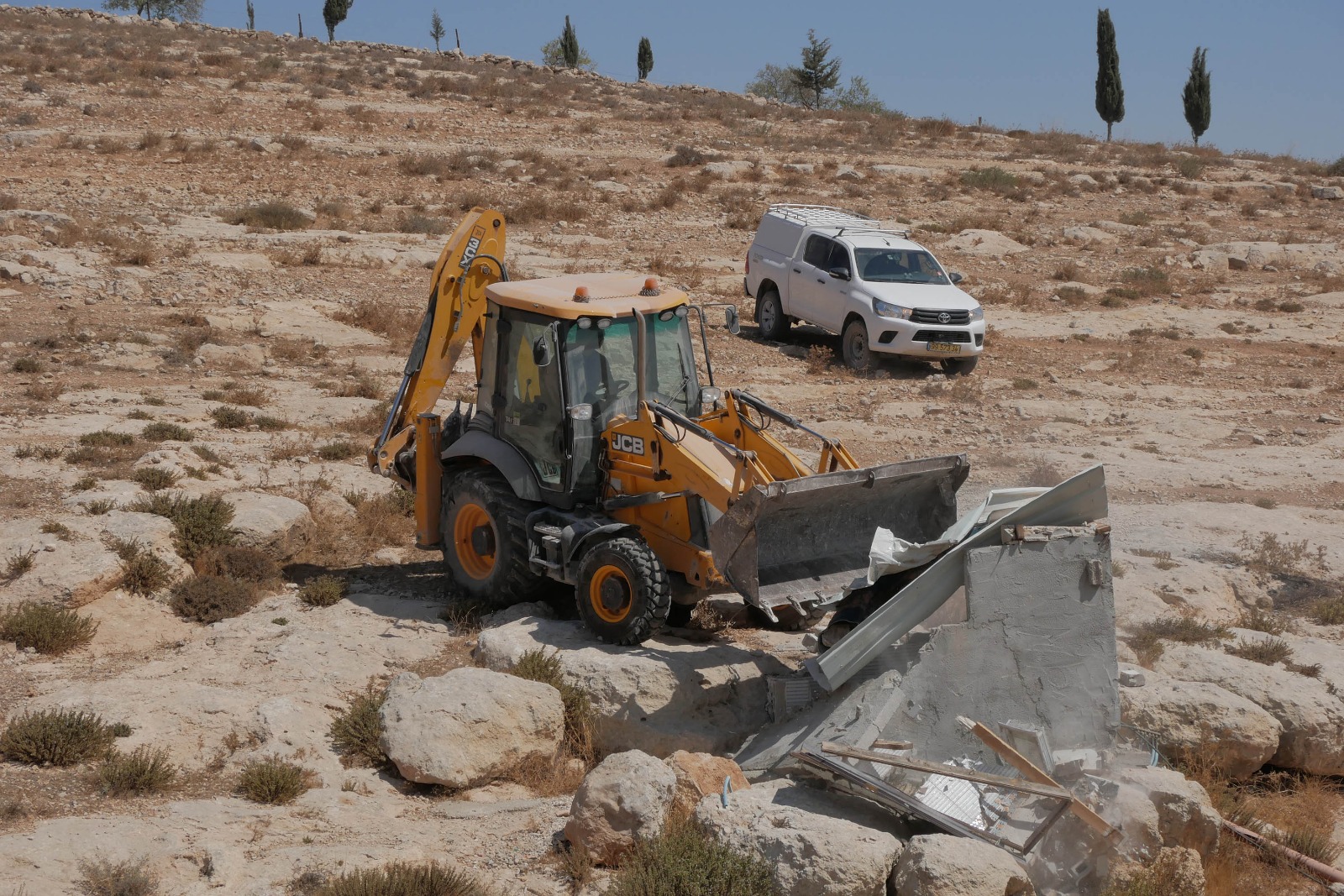Category: Reports
-
Amazon, Israel, and the Occupation of Palestine
As Amazon launches operations and deliveries in Israel, the e-commerce giant and its founder Jeff Bezos face increased scrutiny of their close ties with Israeli military, financial, and technology companies involved in the Occupation of Palestine, in addition to accusations of anti-Palestinian bias.
-
Telling old stories in a new way: Palestinian dabke
At the first annual Hebron Festival, an event organized by the Hebron Municipality to celebrate the culture and history of Palestinians in Hebron, students from across the West Bank put on a theatrical performance, telling of life and history in Palestine through a play combined with music and dabke.



